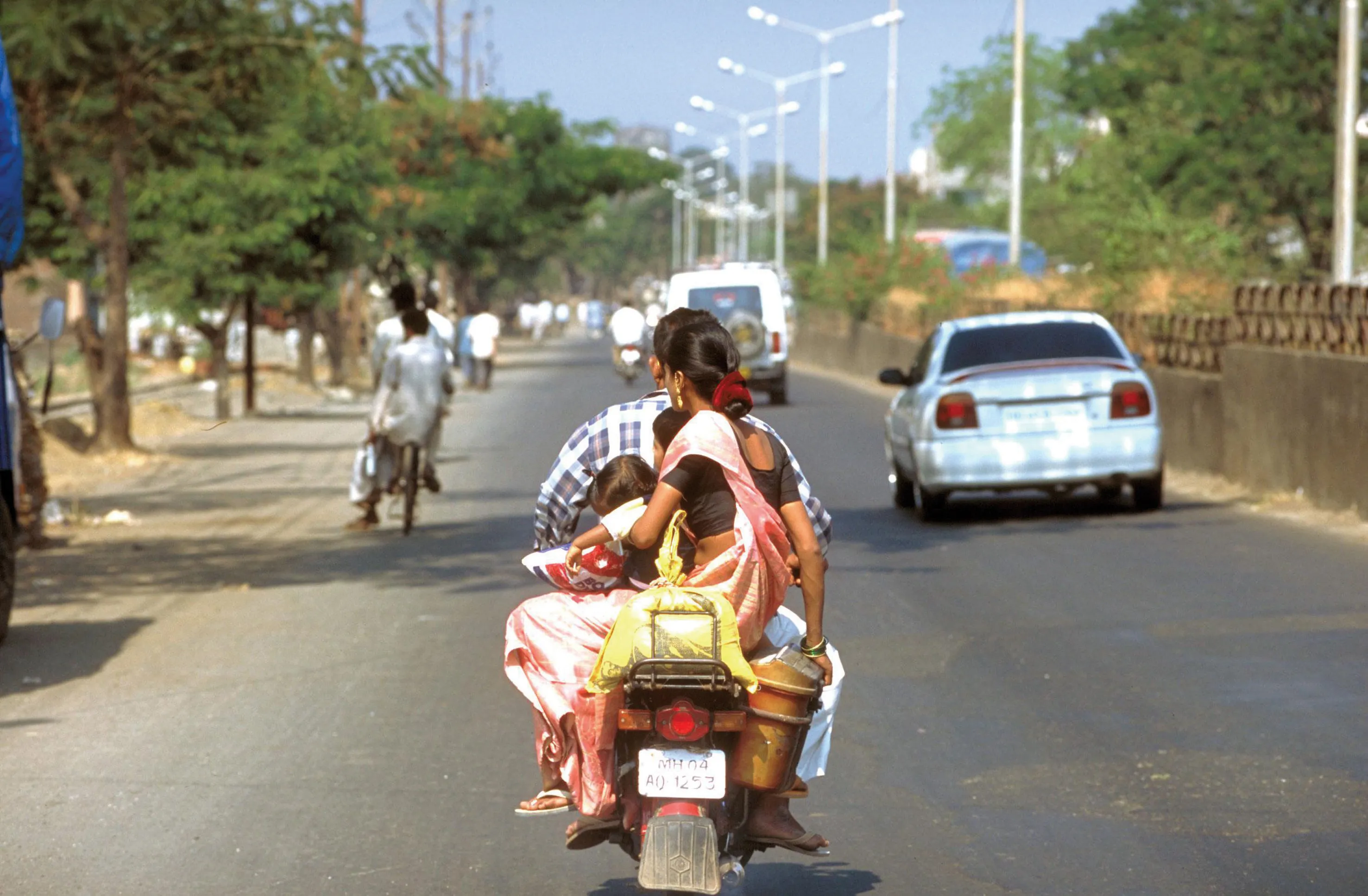The problem of drink driving is seeing an unwelcome upsurge on Britain’s road network. The latest official data reveals that casualties from drink driving are now on the increase. According to
Several bodies focussing on road safety are urging the British Government to take action. The UK’s biggest independent road safety charity IAM RoadSmart has called on communities to join the fight against drink driving.
IAM RoadSmart has called for an increase in resources for police to apprehend drink drivers, as well as an increased focus on those caught on persistent drink-drive reoffending and those dramatically over the limit.
Rebecca Ashton, head of driver behaviour at IAM RoadSmart, said: “These figures are very disappointing. It is not just the job of the police to stop drink-driving – we can all play a part.
“Often those who drink heavily do so in the company of others – we all cannot turn a blind eye while those same people pick up their car keys and head off home.
“If we really care for our friends and family, we should do our utmost to stop them from taking such dangerous and potentially fatal.”
Drink driving a concern in Britain
The problem of drink driving is seeing an unwelcome upsurge on Britain’s road network. The latest official data reveals that casualties from drink driving are now on the increase. According to Department for Transport data, there were 9,040 people killed or seriously injured (KSI) as a result of drink driving on the British road network in 2016. Complete figures for 2017 have yet to be compiled but the trend appears to have continued. The KSI figures for 2016 represent a 7% increase over those for 2015 and
August 10, 2018
Read time: 2 mins







